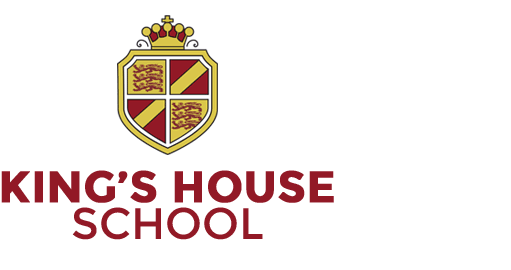Although Jacob Rees-Mogg, the Conservative MP for North East Somerset, is now the odds-on favourite to replace Theresa May as Prime Minister, that was not the reason why nine members of our Economics Society set out to interview him on Monday 19th February.
While Mr Rees-Mogg is probably one of the most well-known politicians in the UK at the present time, it is less well known that he is one of the country’s leading investment fund managers. Working initially for de Rothschild’s and Lloyd-George Investment Management, he went on to co-found Somerset Capital Management in 2007, which today manages funds of over £9.6 billion.
It was therefore on the topic of investment that pupils were invited to meet with Mr Rees-Mogg at the headquarters of Somerset Capital in Mayfair and question him about money matters.
On arrival at Somerset Capital, children were shown into the board room and sat around the table. Having individually introduced themselves to Mr Rees-Mogg, pupils listened to his explanation of what ‘emerging markets’ were, the difference between private and public companies and how stock markets around the world operate.
Following the first round of questions from the children, Mr Rees-Mogg told them how impressed he was with their manners and self-confidence and went on to tell them how he first became interested in investing at the age of 11 when his father gave him shares in the General Electric Company (GEC) as a birthday present.
When asked what advice he had for anyone who wanted to be an investor, Mr Rees-Mogg told the children that best piece of advice they would ever get in life, was that if something sounds too good to be true, it’s probably because it is.
He also added that when he worked at de Rothschild’s, he received some very valuable advice from Lord de Rothschild, who told him; “I’ve made millions by never being greedy”. He explained this meant that when shares in a particular company were going up and up, sell the shares and take your profit while they are still going up. Many people are greedy and wait for the share price to go up even further. However, ‘all bubbles burst’ and the price will eventually come tumbling down, which means lots of people will lose money. Take your profit before the bubble bursts. During the course of the round-table session, Mr Rees-Mogg answered over twenty questions which ranged from his own personal investment experiences to national and international economic questions such as BREXIT and how investing in developing countries can help the people who live there.
As the morning drew to a close, Mr Rees-Mogg invited questions on any topics at all that pupils would like to ask about, which resulted in a conversation about his family and six children and also what he would like to see the government do to enable more young people to buy their own homes in the future.
Everyone on the trip had a thoroughly good time and thanked Mr Rees-Mogg for his warm welcome and willingness to answer so many questions.

